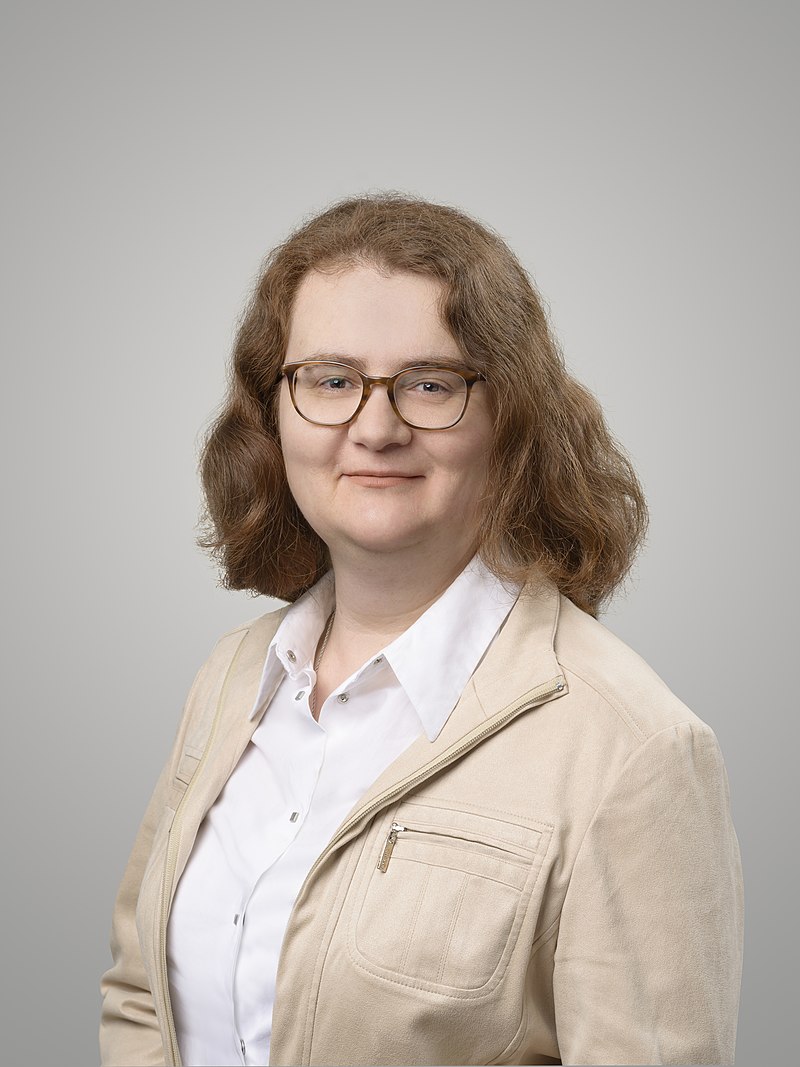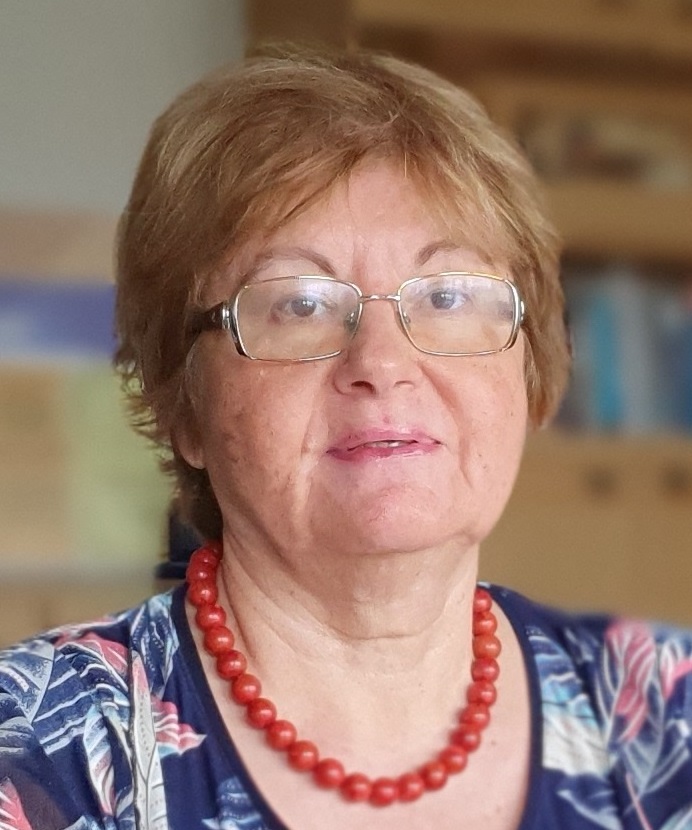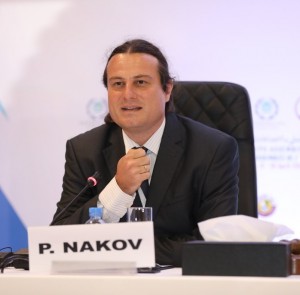Short bio
 Iryna Gurevych is a German computer scientist. She is Professor at the Department of Computer Science of the Technical University of Darmstadt and Director of Ubiquitous Knowledge Processing Lab. She has a strong background in information extraction, semantic text processing, machine learning and innovative applications of NLP to social sciences and humanities.
Iryna Gurevych is a German computer scientist. She is Professor at the Department of Computer Science of the Technical University of Darmstadt and Director of Ubiquitous Knowledge Processing Lab. She has a strong background in information extraction, semantic text processing, machine learning and innovative applications of NLP to social sciences and humanities.
Iryna Gurevych has published over 300 publications in international conferences and journals and is member of programme and conference committees of more than 50 high-level conferences and workshops (ACL, EACL, NAACL, etc.). She is the holder of several awards, including the Lichtenberg-Professorship Career Award und the Emmy-Noether Career Award (both in 2007). In 2021 she received the first LOEWE-professorship of the LOEWE programme. She has been selected as a ACL Fellow 2020 for her outstanding work in natural language processing and machine learning and is the Vice-president-elect of the ACL since 2021.
Talk Abstract
Detect – Verify – Communicate: Combating Misinformation with More Realistic NLP
Dealing with misinformation is a grand challenge of the information society directed at equipping the computer users with effective tools for identifying and debunking misinformation. Current Natural Language Processing (NLP) including its fact-checking research fails to meet the expectations of real-life scenarios. In this talk, we show why the past work on fact-checking has not yet led to truly useful tools for managing misinformation, and discuss our ongoing work on more realistic solutions. NLP systems are expensive in terms of financial cost, computation, and manpower needed to create data for the learning process. With that in mind, we are pursuing research on detection of emerging misinformation topics to focus human attention on the most harmful, novel examples. Automatic methods for claim verification rely on large, high-quality datasets. To this end, we have constructed two corpora for fact checking, considering larger evidence documents and pushing the state of the art closer to the reality of combating misinformation. We further compare the capabilities of automatic, NLP-based approaches to what human fact checkers actually do, uncovering critical research directions for the future. To edify false beliefs, we are collaborating with cognitive scientists and psychologists to automatically detect and respond to attitudes of vaccine hesitancy, encouraging anti-vaxxers to change their minds with effective communication strategies.





